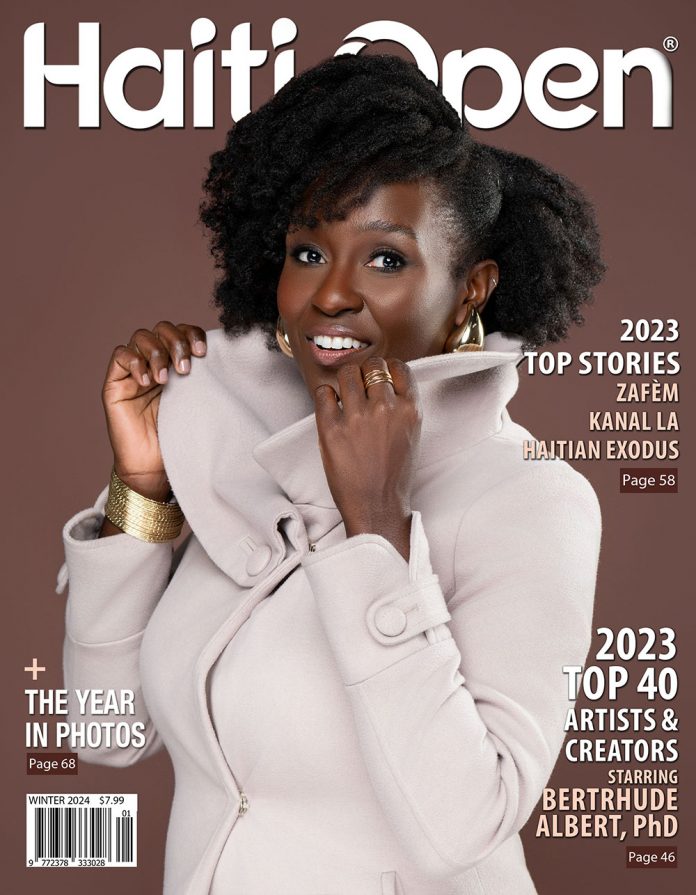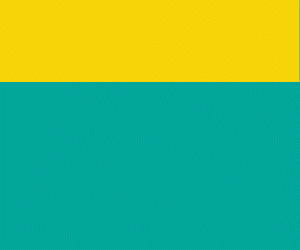By Martine St. Hilaire + Photos by Maybeline Despagne
Bertrhude Albert, Ph.D. is a proud daughter of Haiti who was born in Cap-Haïtien. Her family immigrated to the United States when she was an infant. Raised in Broward County, Dr. Albert grew up as a proud Haitian. “My strength came from all that diri kole, griyo, and bouyon I ate growing up,” she says. Although she was exposed to Haiti’s rich culture, she was seldom told how beautiful the country truly is. Instead, she grew up hearing about the country’s poverty on the news and its inferiority complex. To many, being Haitian was almost synonymous with being “less than.” That all changed when she went to college and discovered who her people truly were.
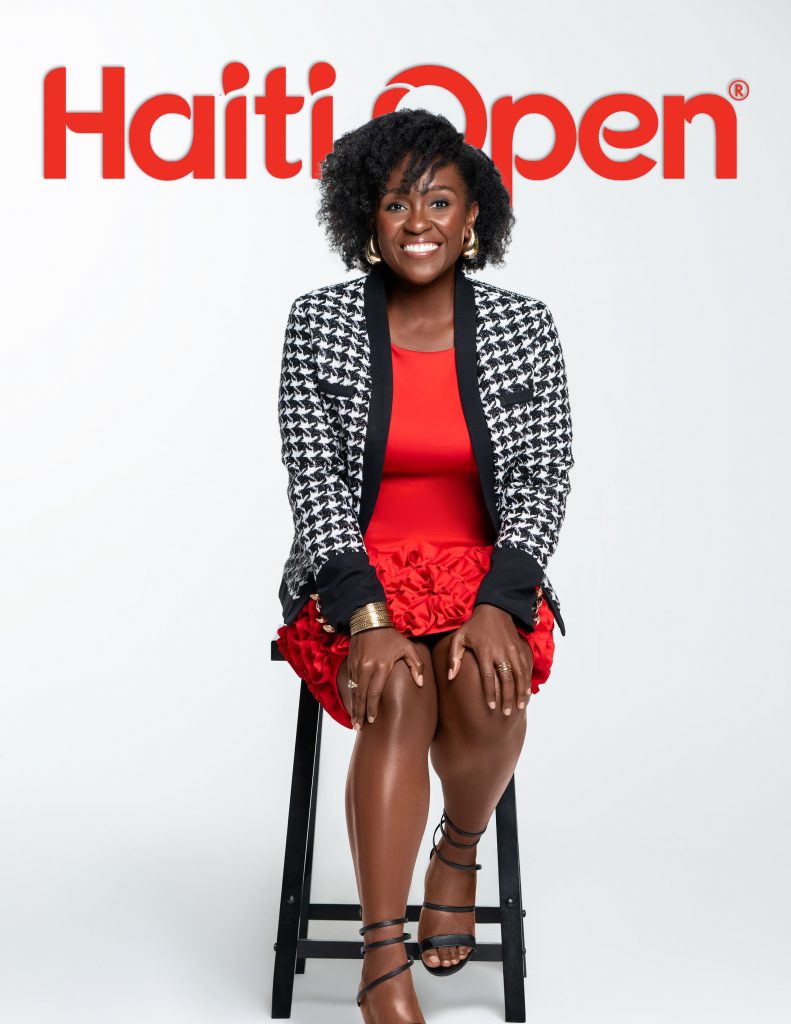
Dr. Albert earned a Bachelor’s in English, a Master’s in Latin American studies, and a Doctorate in Agricultural Education and Communication all from the University of Florida. She was in school for nearly ten years, all because she wanted to study Haiti more. All of her degrees had a focus on Haiti.
Dr. Albert earned a Bachelor’s in English, a Master’s in Latin American studies, and a Doctorate in Agricultural Education and Communication all from the University of Florida. She was in school for nearly ten years, all because she wanted to study Haiti more. All of her degrees had a focus on Haiti.
In college, she learned that Haiti was the world’s first free black republic, the only nation to be formed after a successful slave revolt. It also was the first nation to permanently abolish the slave trade. Haiti gained independence and began to fight and fund revolutions across the region to help establish other new nations. Dr. Albert’s studies of Haitian history made her proud of her country.
Though she’s an accomplished academic, you might be surprised to know that Dr. Albert knows how to ride a unicycle and skateboard. She also juggles and enjoys photography and videography. One of her favorite personal challenges was to read 100 books on Haitian history in a year. She loved the challenge so much that she adopted it as an annual goal. Lastly, she loves to travel and has visited 38 countries. Naturally, her favorite destination is Haiti.
In January 2022, Dr. Albert started producing stories about Haiti on her TikTok page. She wanted to help the Haitian diaspora connect to Haiti’s rich history. Growing up, she was unaware of Haiti’s powerful and glorious past, so she wanted to ensure the diaspora, especially the younger generation, had easy access to Haitian history.
In January 2022, Dr. Albert started producing stories about Haiti on her TikTok page. She wanted to help the Haitian diaspora connect to Haiti’s rich history. Growing up, she was unaware of Haiti’s powerful and glorious past, so she wanted to ensure the diaspora, especially the younger generation, had easy access to Haitian history.
Her efforts are not going unnoticed. Several of Dr. Albert’s TikTok videos have had over one million views. Her success stems from being connected to a movement that allows Haitians and other interested cultures to get updates. Her videos demonstrate the associations between Haitians and other groups like Jamaicans, Puerto Ricans, and African Americans.
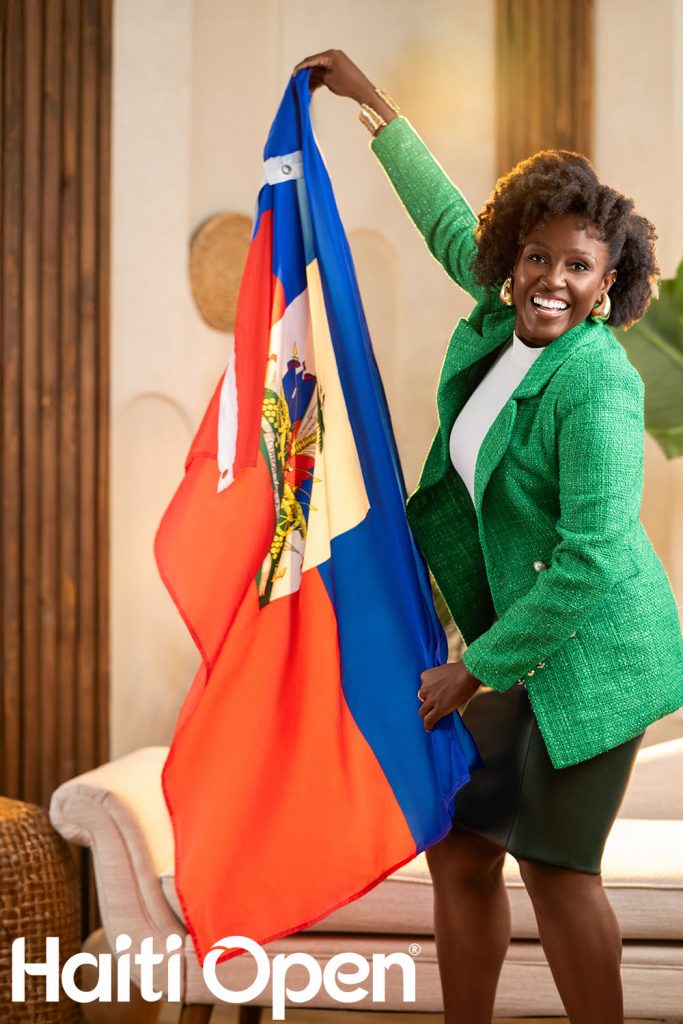
“For so long, Haitians have been seen as ‘others,’ but when you study Haitian history you see that our history is intertwined with the histories of our brothers and sisters in the African diaspora all around the Americas,” she says.
In 2011, Dr. Albert co-founded P4H Global with Dr. Priscilla Zelaya, who is her best friend. At the time, they were both University of Florida undergraduates who shared an unwavering passion for the Haitian people. They became determined to find a way to meaningfully contribute to the rebuilding of Haiti. They traveled there after the catastrophic earthquake in 2010 with 19 other UF students. This trip was the beginning of P4H Global.

P4H Global’s mission statement is: “Training People to Transform Nations.”
P4H Global’s mission statement is: “Training People to Transform Nations.” Dr. Albert’s team strongly believes that sustainable development requires the empowerment of local leaders. From educators in developing countries to organizations across the globe, P4H Global equips individuals and communities through innovative programs. The organization’s strategy is to connect, equip, and empower. They connect people from all walks of life to form mutually beneficial relationships that lead to positive change. They equip their partners with skills, knowledge, and experience to transform their communities and empower people to look beyond their circumstances to see the potential in others and themselves.
Dr. Albert’s most important career lesson in 2023 was to trust God. She never imagined 2023 would end the way it did. There were some high highs, specifically with the irrigation canal. But there were also some very low lows. One of the biggest challenges Dr. Albert continues to face is finding individuals without donor fatigue.
Unfortunately, Haiti has a long history of corruption and financial mismanagement. The culprits are often non-Haitians, as money donated or granted sometimes fails to make its way to Haiti. This has made her efforts much more difficult. “Trust is a hard thing to build, and we certainly are trying to build it, which will help us continue to further our mission,” she says.
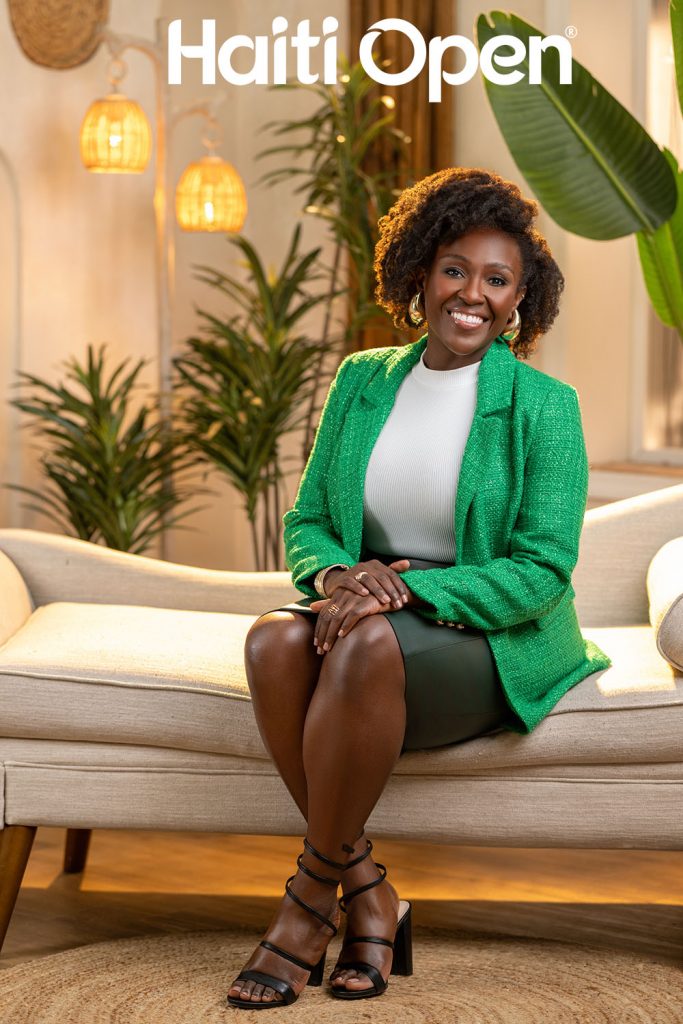
Dr. Albert’s highest praise is reserved for the Haitians at the irrigation canal who have embraced her and thanked her for her selfless engagement. The locals call her “Manman lavi,” a nickname she cherishes. She received awards and recognition last year, but she says they’re nothing compared to the love and respect she gets from her heroes in the trenches who wake up every day to sacrifice for their country.
Dr. Albert lives in South Florida but is dedicated to the advancement of Haiti. She often lectures and gives presentations on the country’s history and current events to inspire Haitians and non-Haitians across the world. She never dreamed she’d be spearheading a major fundraising campaign for an agricultural revolution: the irrigation canal. She’s prepared to play whatever role her community wants her to play, whether it involves social media, education, agriculture, or sanitation projects. Her team plans to scale up its teacher-training program, release entertaining research videos on social media, and ensure that once the canal is complete, the movement will live on.


